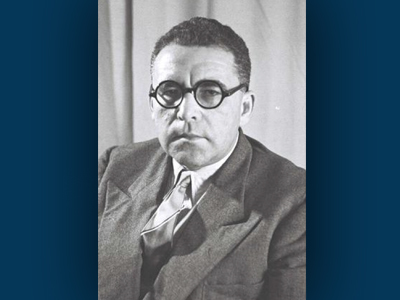June 13, 1950
While Israel’s Declaration of Independence called for the drafting of a constitution “not later than the 1st October 1948,” by June 1950 there was still no consensus on ratifying a formal constitution. Religious parties opposed a constitution other than the Torah, especially one that would grant civil liberties that were in opposition to Jewish law. For example, freedom of speech and expression has different parameters under Jewish law than it does as a civil right guaranteed by most democracies.
The leading voice against the constitution was Prime Minister David Ben-Gurion. In a Cabinet meeting held on December 13, 1949, Ben-Gurion argued that the new state did not have enough time to develop a constitution and that there were more important tasks at hand such as defending the country against external threats, bringing in new immigrants, settling the Negev and building infrastructure. The prime minister remarked, “The coming few years are the most important in our history. If anyone thinks that declaring independence or winning the war were what was needed to found the state, they’re wrong. The work is all ahead of us” (Israel Archives).
After more than a year of continued debate on the issue, the First Knesset adopted a compromise on June 13, 1950. The compromise, known as the “Harari Resolution,” was sponsored by Knesset Member Yizhar Harari and stipulated that instead of a single document, the “constitution” of Israel would be composed of a series of Basic Laws to be created over time by a special committee and approved by the Knesset.
The resolution states that
The First Knesset instructs the Constitution, Law and Justice Committee to prepare a draft State Constitution. The constitution will be built chapter by chapter, in such a way that each will constitute a separate Basic Law. The chapters shall be presented to the Knesset when the committee completes its work, and all the chapters together shall comprise the Constitution of the State.
The photo shows Yizhar Harari in 1951.










